Slavery, a Stain of Shame
The exploitation of man by man is not a phenomenon that only affected Black people throughout history. In fact, the victors of 1804 are the immediate descendants of those who were forcibly brought across the Atlantic to replace the Native Americans, who themselves suffered a genocide due to the shameful practice of slavery. It is worth emphasizing that slavery is a practice (as old as human history), but it reached its peak during the 400 years when it was almost exclusively associated with one category of peoplethe black-skinned individuals.
It is precisely at this point that November 18, 1803, was a triumph of the highest order for all of humanity. That day, fused with the exploits of Haitian heroes, became a symbol of victory over a shame that, unfortunately, has persisted through time as a norm. Even today, some struggle to call this dishonorable act a crime against humanity.
At its core, Vertières remains a flame held against the barbarity of its time. A final proof of humanity’s necessity to rise and claim its right to the dignity of freedom, despite all potential threats.










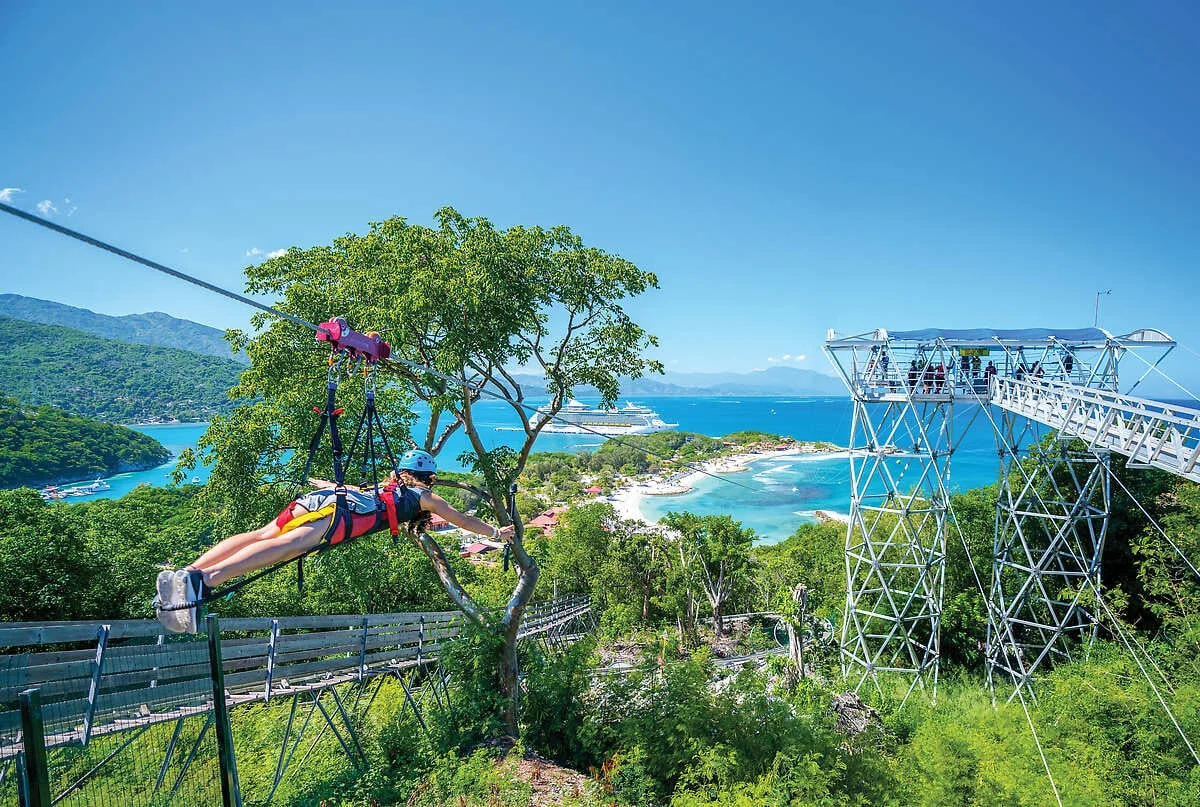
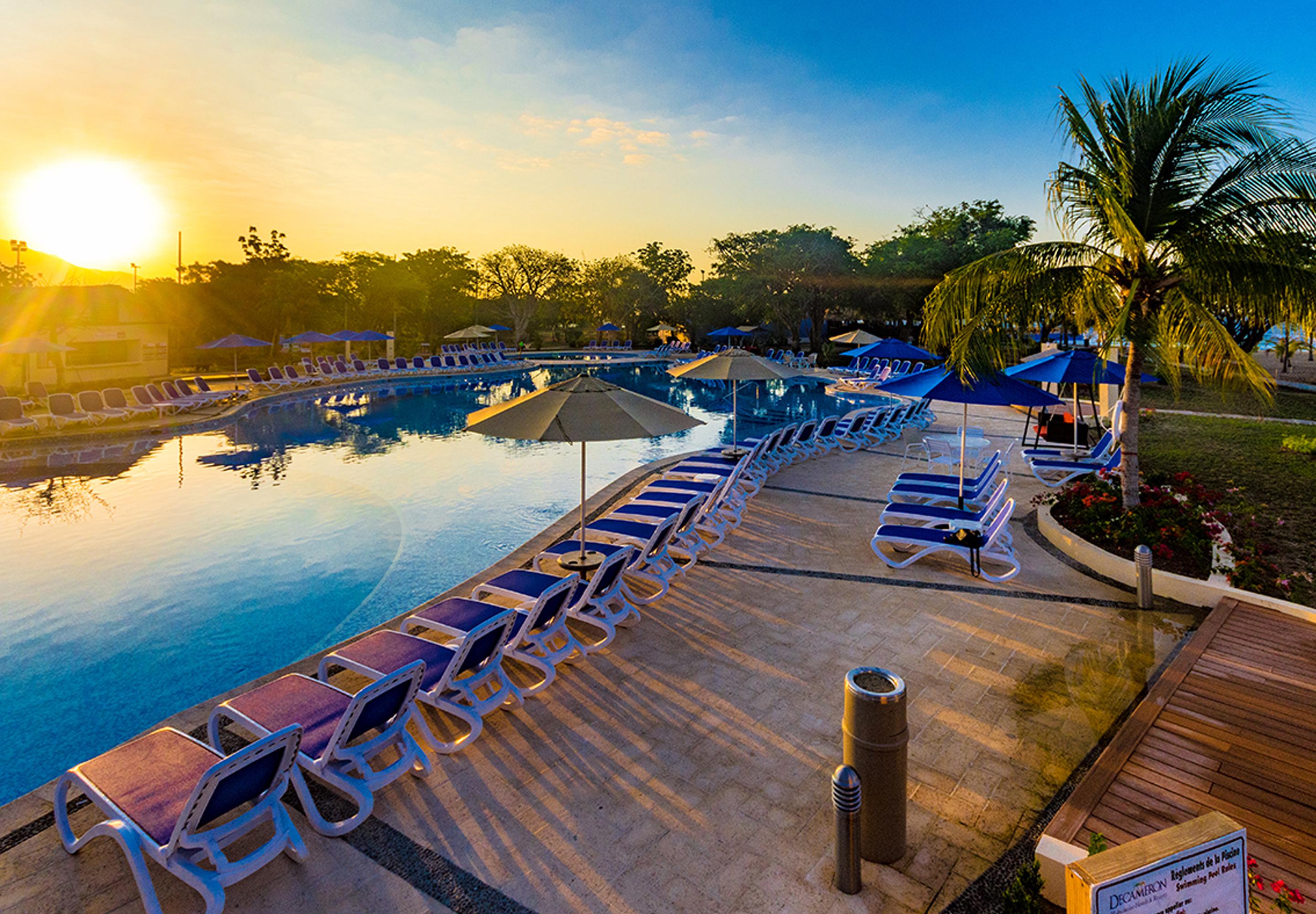
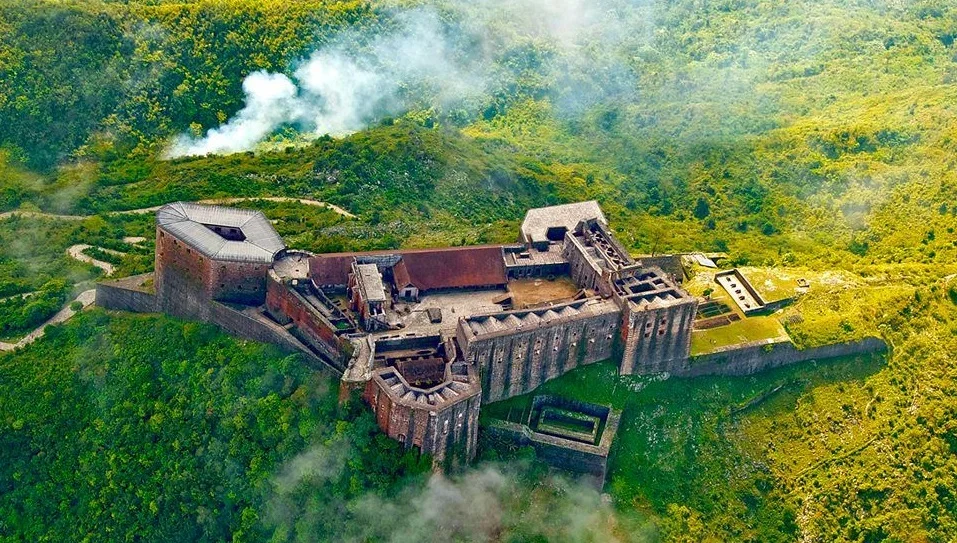

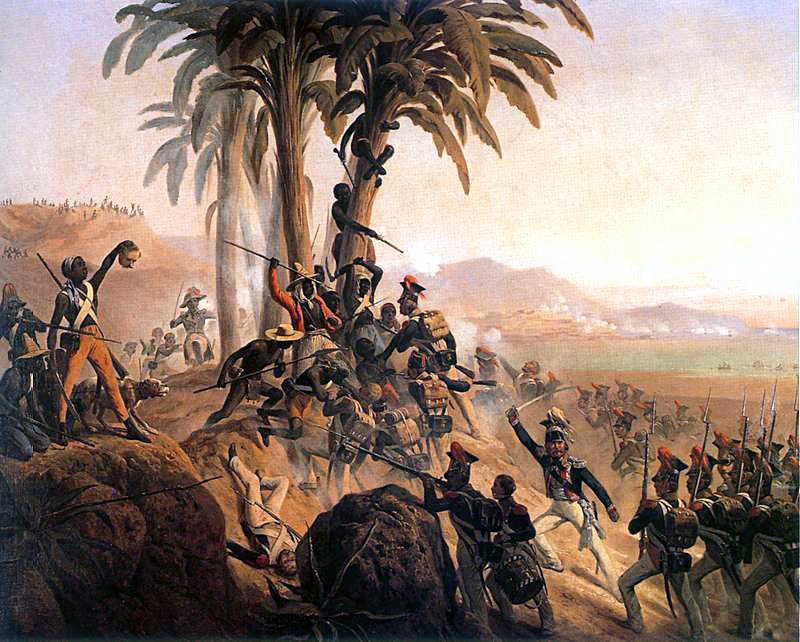
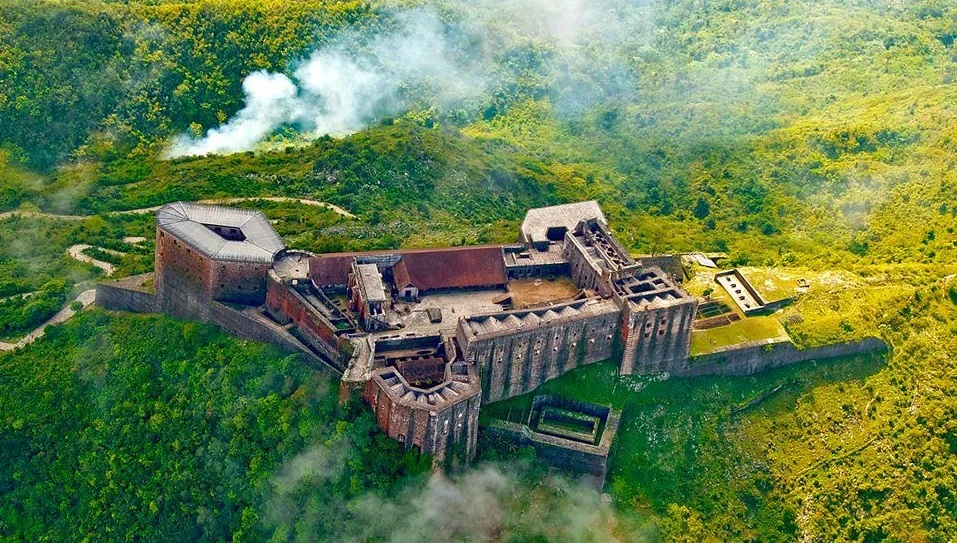
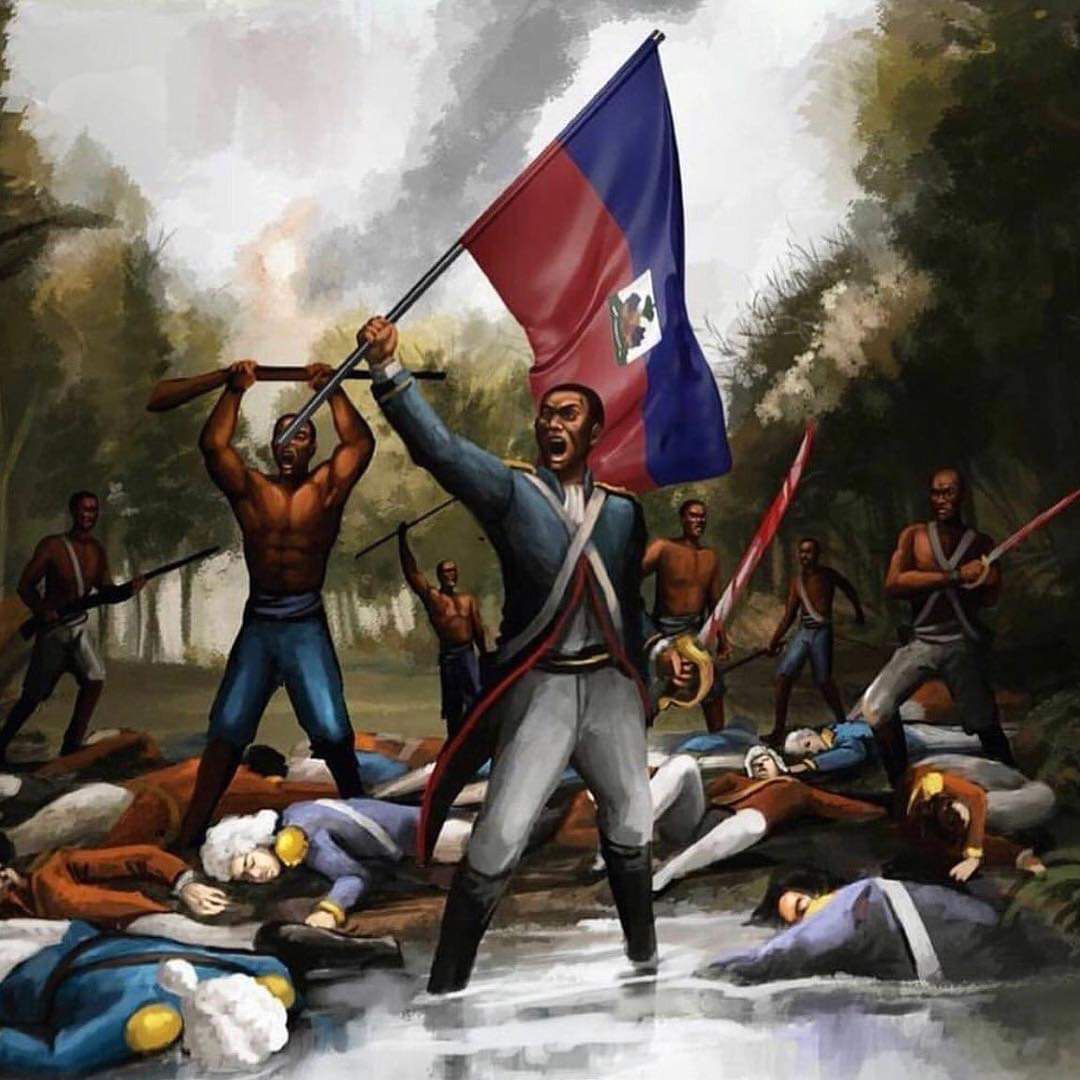

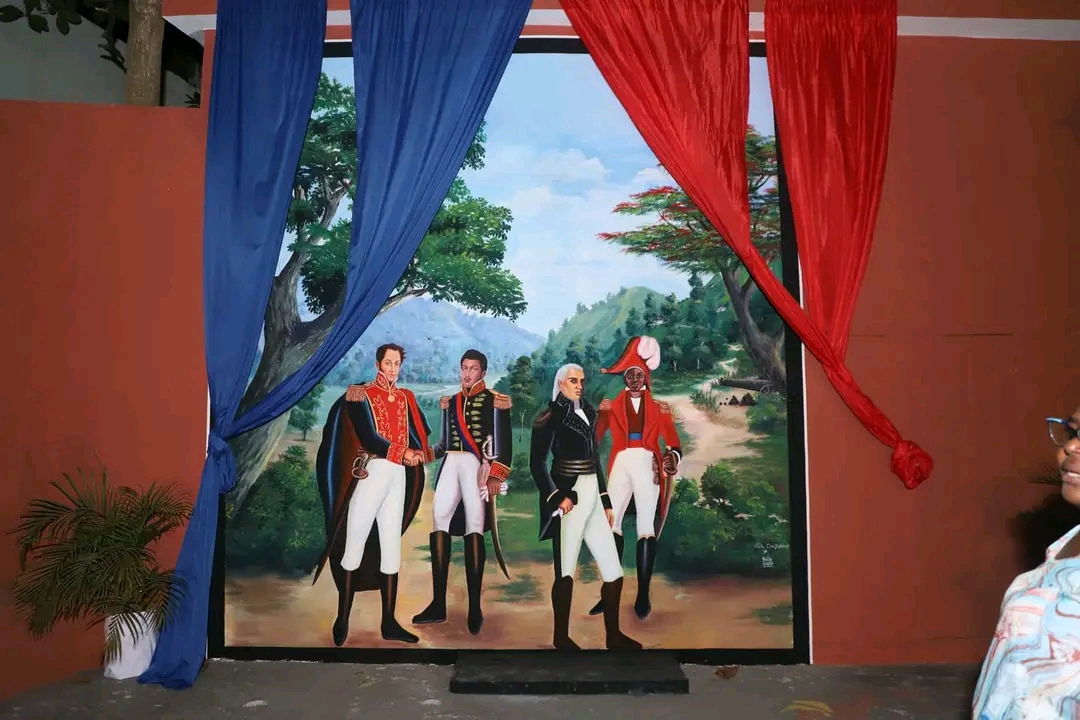

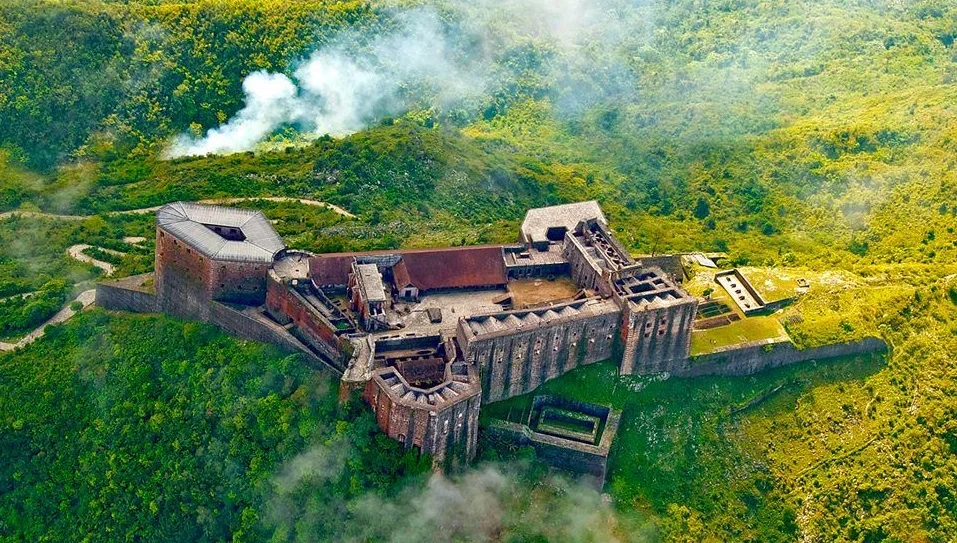
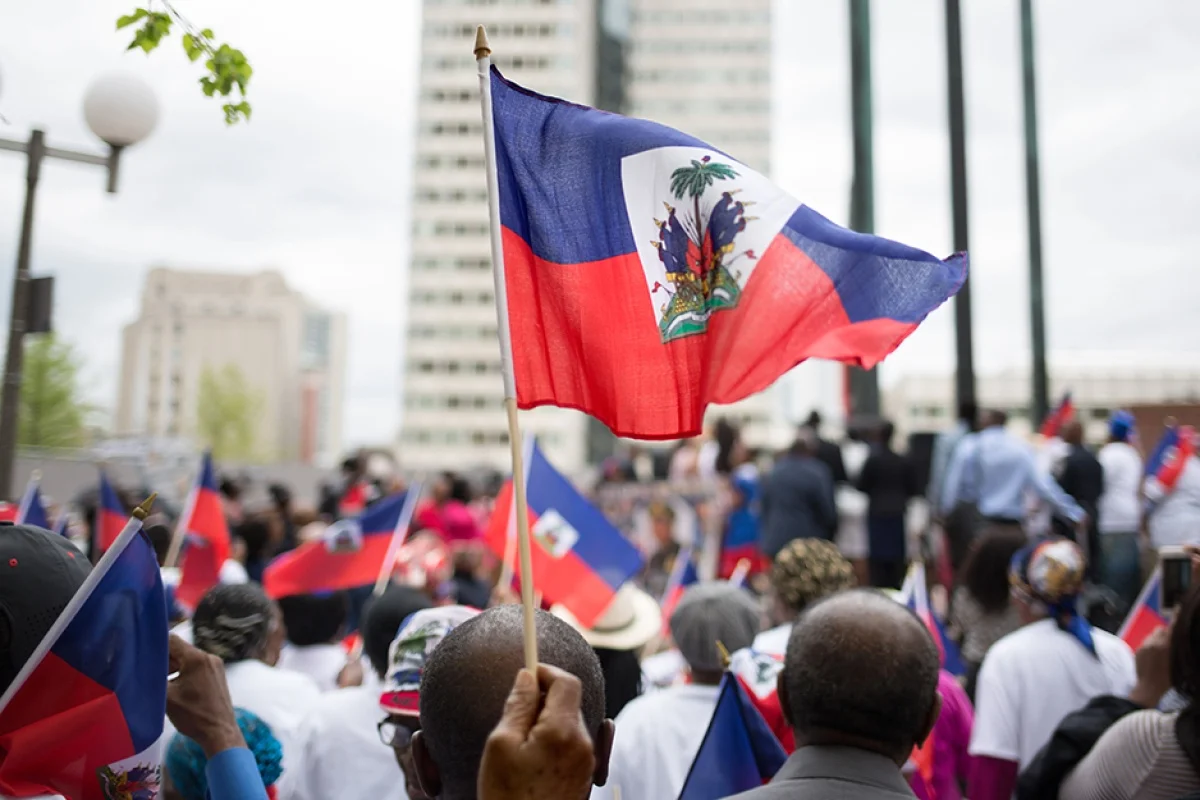


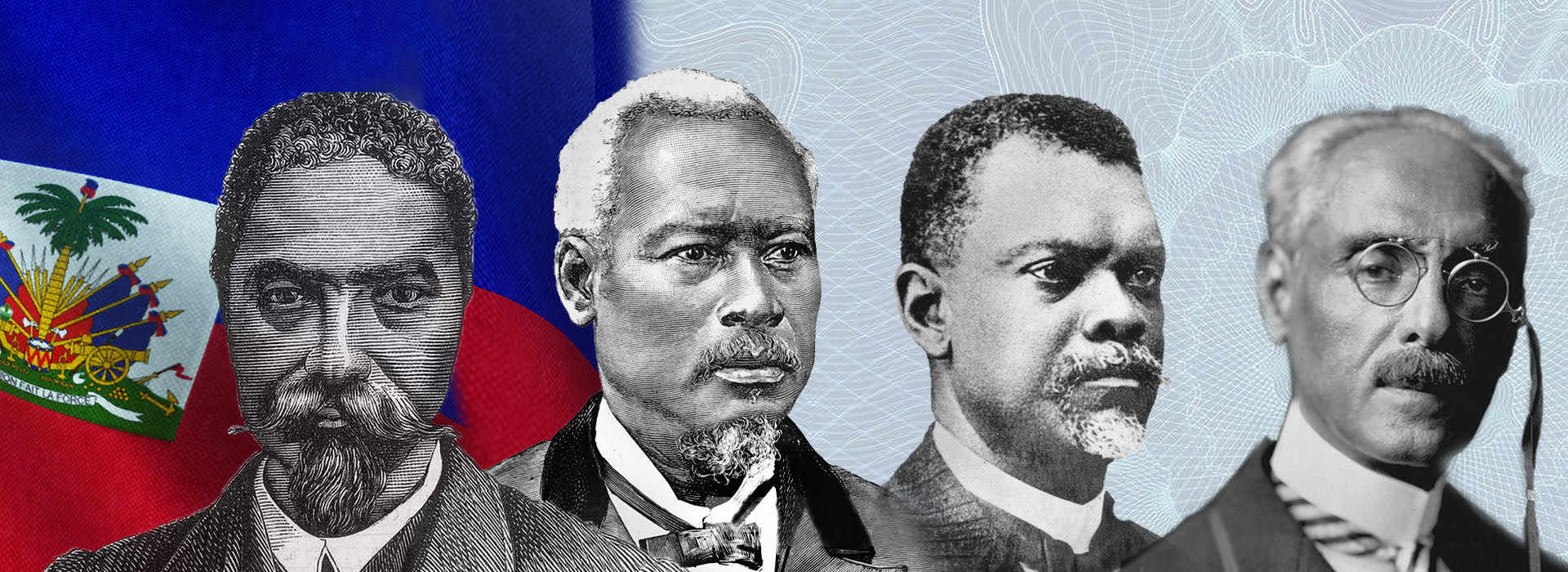






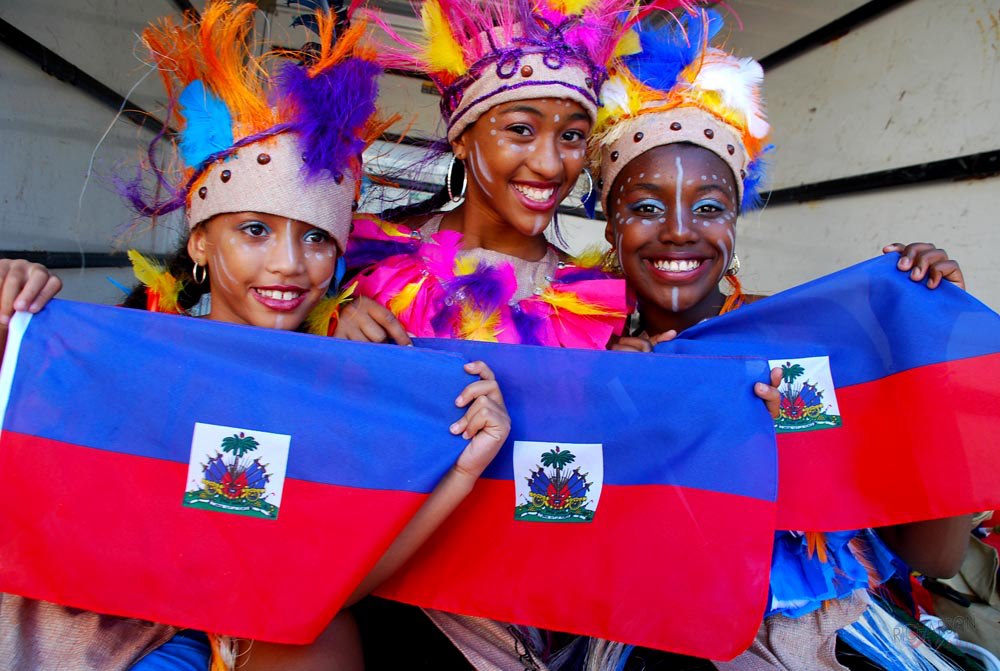













































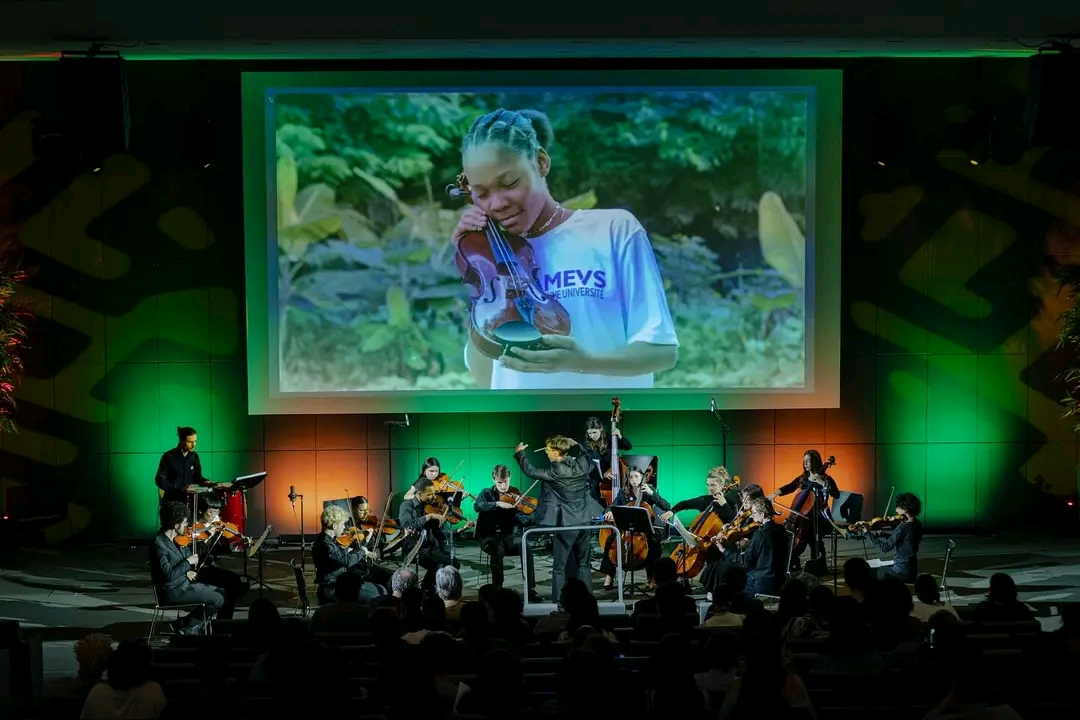
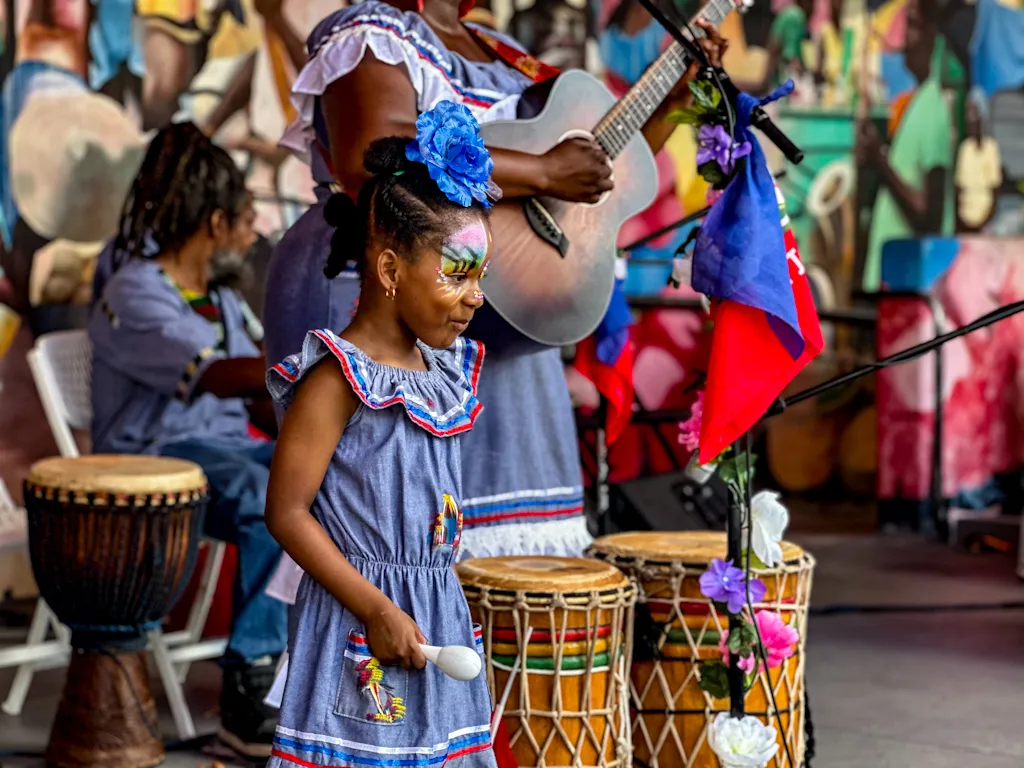








I love this article. Thank you and congratulations to Moise Francois. You got it right, bro.
November 12, 2025 - 04:40:53 AM